The focus of most smartphone buyers is on the latest models, but a refurbished iPhone can be a better choice for many who seek out an upgraded device.
Apple and other smartphone producers consistently push for consumers to upgrade to the latest releases, with large numbers doing so every couple of years. With frequent updates, consumers get the latest features, while phone makers earn a hefty chunk of change in return.
For the wealthy and others who can afford it, upgrades to brand-new hardware make sense, especially if they want to stay on the edge of the technological curve.
People who don't necessarily have the same level of resources can't necessarily do the same without impacting the quality of another area of their life.
There is another route available, in the form of the refurbished iPhone market. Instead of the latest model, you can save a bit of money and pick up an older model.
In Australia, potential iPhone owners can pick up a refurbished model from PhoneBot, with a wide choice in models, colors, and grades.
However, there are still those who wonder "should I buy a refurbished iPhone?" It's a serious concern for people unfamiliar with refurbished hardware, but with a little explanation, they can become a great purchase option for the right person.
What is a refurbished iPhone?
The first thing in determining is it worth buying a refurbished iPhone is what a refurbished device actually is. The short answer is that it's a reconditioned used handset.
The word "used" has bad connotations, since that usually means a device that may have gone through a lot before reaching your hands. To some, that could mean a heavily used, massively scratched, and potentially damaged piece of kit.
Since they're pre-used devices, device shoppers could still wonder are refurbished iPhones worth buying. The reconditioning is the key element that makes these devices great.
Instead of being an iPhone sold or traded in by a customer and resold straight away, refurbished iPhones undergo a reconditioning process by the purchasing company.
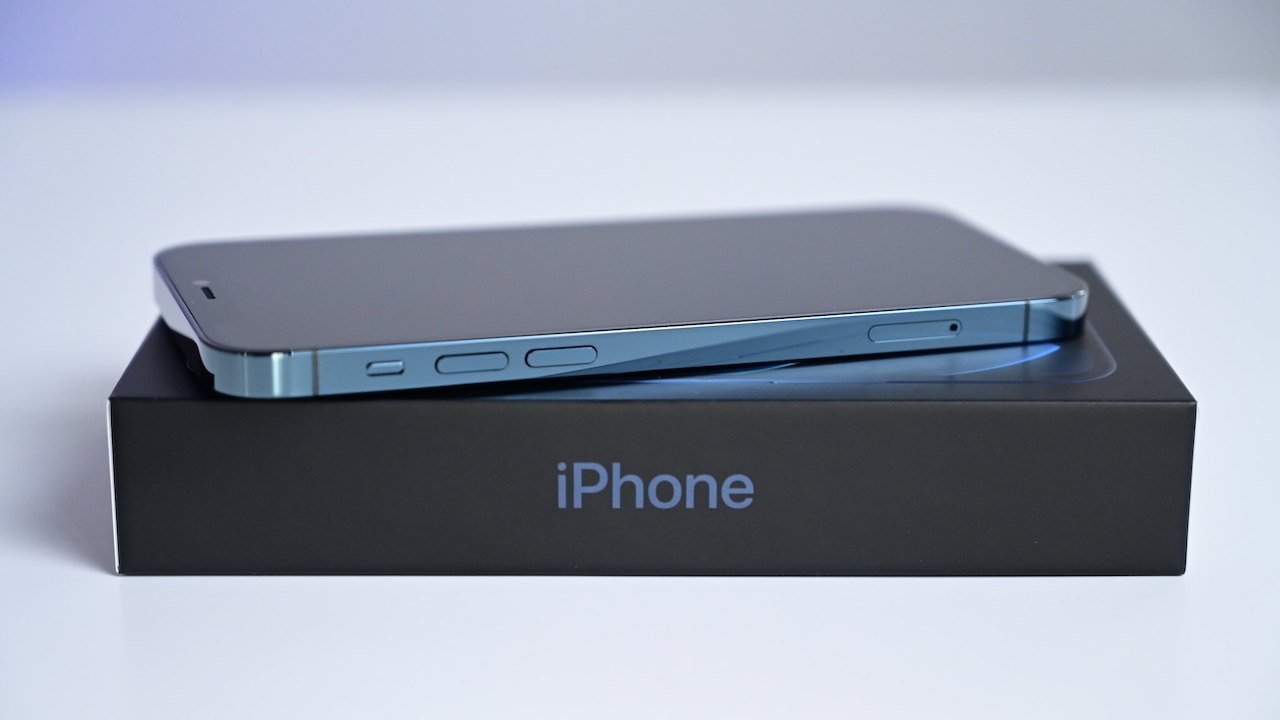 A refurbished iPhone is checked to make sure it's as close to new as possible, though you may find a few scratches.
A refurbished iPhone is checked to make sure it's as close to new as possible, though you may find a few scratches. Depending on the vendor, this can include a clean and inspection of the iPhone, as well as repairs to the casing and other components. For components that go through a lot of use, such as batteries, they could also be replaced entirely.
In many cases, the refurbished iPhone will be practically as good as new.
You'll also find that some vendors provide some level of warranty or support for the device, much like you would for brand new hardware. Buying a used iPhone
doesn't have that sort of protection, making it one of the good reasons to buy a refurbished iPhone.
Is buying a refurbished iPhone a good idea?
On considering is it OK to buy a refurbished iPhone, you need to look at the positives and the negatives. There are a few advantages buying a refurbished iPhone can bring to the table, rather than going down the usual upgrade route.
Pricing
For a start, consider the cost of buying a new iPhone. The latest models start from $799 for the base iPhone 14, $999 for the iPhone 14 Pro, with pricing going as high as $1,599.
Of course, there are options to lessen the pain of buying new, such as installment plans and other agreements with carriers. But in the end, you will end up paying the full price of the device.
By their nature, refurbished devices are cheaper than brand new, since they aren't unused handsets. However, the refurbishment does make them as close to being new as possible.
Of course, there are pros and cons of buying refurbished iPhones, and pricing can well be one of those negatives. The cost of a refurbished iPhone will typically be between that of a used iPhone and a new unit.
However, it is to be expected that a refurbished model will be more expensive than a used device. Since it's undergone an inspection, has been reconditioned, and fixed to be as close to new as possible, this work has to be incorporated into the price you pay.
Even so, it is still a much cheaper option than brand-new hardware.
Near-new finish without "Used" risk
The whole point of refurbishment is to take something used and make it near-new again.
It removes all questions that may be lingering about a used iPhone's past since it will be worked on by professionals. Anything that could be a dealbreaker for a used device purchase is not an issue.
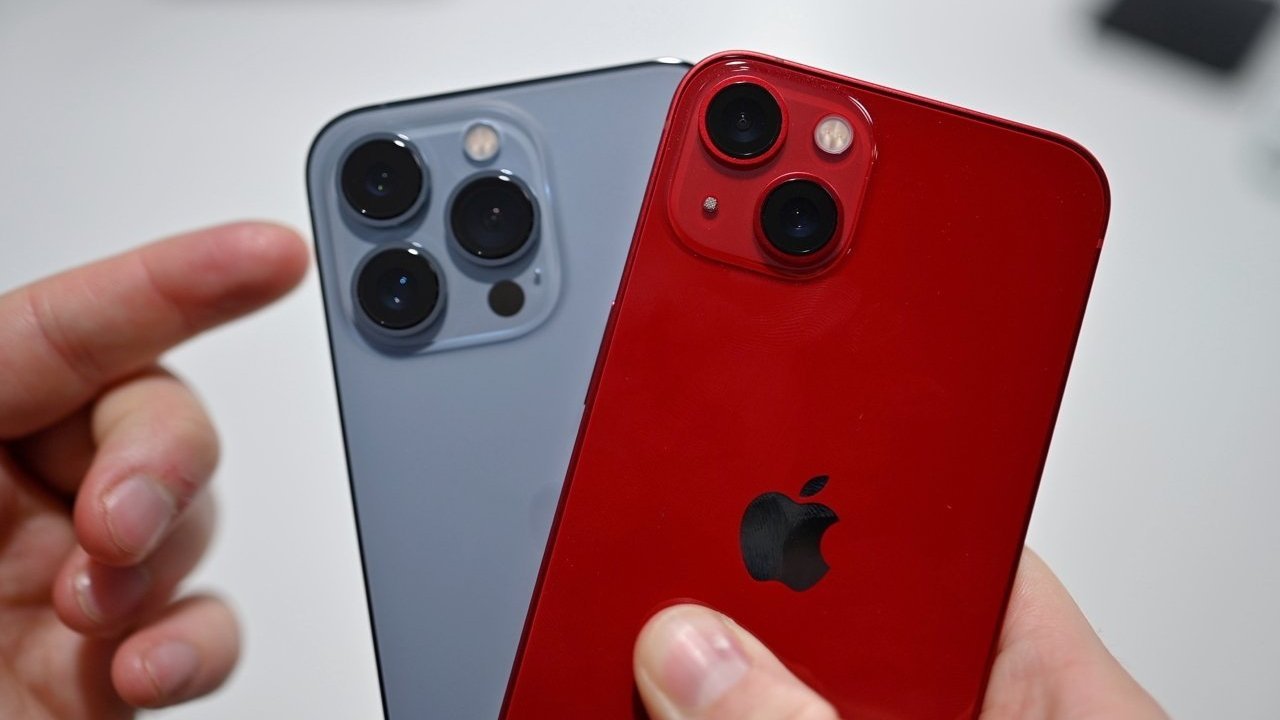 A refurbished iPhone could look like a new device, if it is cared for and treated well by the vendor.
A refurbished iPhone could look like a new device, if it is cared for and treated well by the vendor. That you can get a smartphone without fear of receiving a heavily scratched and worn device is a big selling point for the refurbished market.
However, if you're prepared to accept more wear and tear, you can get a refurbished iPhone for a lower price.
Refurbished devices are often sold in grades, with higher ratings being as close to "as new" as possible, and typically are the more expensive option. Lower grades are available which can include scratches and chips to the finish, which can reduce the price.
These lower-tier devices still go through the same processing as higher-tier variants, so they are checked to be working normally. They're just further away from the pristine new device appearance.
Environmental concerns
Apple is an environmentally conscious company, with sustainability being a big deal when it comes to manufacturing a smartphone. However, while it is making the best efforts to cut down on its impact to the environment, actually producing an iPhone in the first place is a problem.
A December report by Counterpoint Research found that approximately 80% of a smartphone's carbon footprint stems from manufacturing it. Acquiring the raw materials, creating the components, assembling the iPhone, and all of the shipments that happen to get the device into a consumer's hands can all add up to a lot of carbon usage.
Since the refurbished iPhone already exists and doesn't need to be actively manufactured, that cuts out a large amount of the device's overall carbon footprint. Buying refurbished has a minimal impact, compared to brand-new hardware purchases.
Then there's the minimizing of e-waste, as a refurbished iPhone isn't another device heading to landfill.
Is it good to buy a refurbished iPhone? Environmentally speaking, it certainly is.
A more modest upgrade
It is highly likely that those looking at getting an iPhone at a cheaper price are also coming from a much older model than other upgraders. An iPhone can easily last for years beyond the typical two-year period between upgrades for most users.
That means some owners are keen to keep using their smartphone for a lot longer to get their money's worth, delaying the upgrade.
This same contingent may not necessarily have the same urgency to use the latest features as more frequent upgraders.
This is probably one of the biggest reasons why refurbished phones are the smart choice: no one said you have to upgrade your smartphones to the latest model.
If you look at the difference between the iPhone 13 and iPhone 14, the main changes consist of Emergency SOS via Satellite, Crash Detection, an improved computational photography system, Action Mode for video, an extra GPU core, and an extra hour of battery life.
Barely any of the items on that list could be considered must-have items for people looking to upgrade over a longer timeframe. Indeed, if shown that there's not much generational change between the iPhone 13 and iPhone 14, the cheaper iPhone 13 may be the better purchase overall.
Even turning to the Pro lineup, there are bigger improvements, but not everyone wants the cutting-edge tech if they're focusing on saving money. It would be nice to have a 48-megapixel camera sensor as in the iPhone 14 Pro, but the 12-megapixel ones in the iPhone 13 range will do the job for most users anyway.
Add in that the second-hand cost of the iPhone 13 will be lower than the iPhone 14, it can look like an exceptional buy when looking at refurbished models.
Refurbished is a good way to go
Anyone wondering if refurbished iPhones are good to buy should now be aware that they're a pretty good purchase.
They are a cost-effective way of getting an iPhone without necessarily dealing with the expense of brand-new items.
It also sidesteps the inherent issues of the used iPhone market, since you're getting a smartphone that has been checked and worked on to make it as good as possible.
Doing your bit for the environment by cutting down on e-waste and cutting out the carbon footprint of manufacturing is a big bonus too in some circles.
Sure, you could still get a brand-new iPhone if you need bleeding-edge specifications and bragging rights for having the latest and best hardware. But if you want to save some money and still have something that can handle a typical user's needs, refurbished is the way to go.
Get your refurbished iPhones from PhoneBot
Based in Melbourne, PhoneBot is a refurbished device specialist serving customers across Australia. With a team of in-house experts, PhoneBot is able to grade and refurbish a variety of devices.
Along with iPhones and iPads, the team also handles hardware from other major manufacturers, including Samsung, Sony, Google, and OnePlus, among others.
 Sponsored Content
Sponsored Content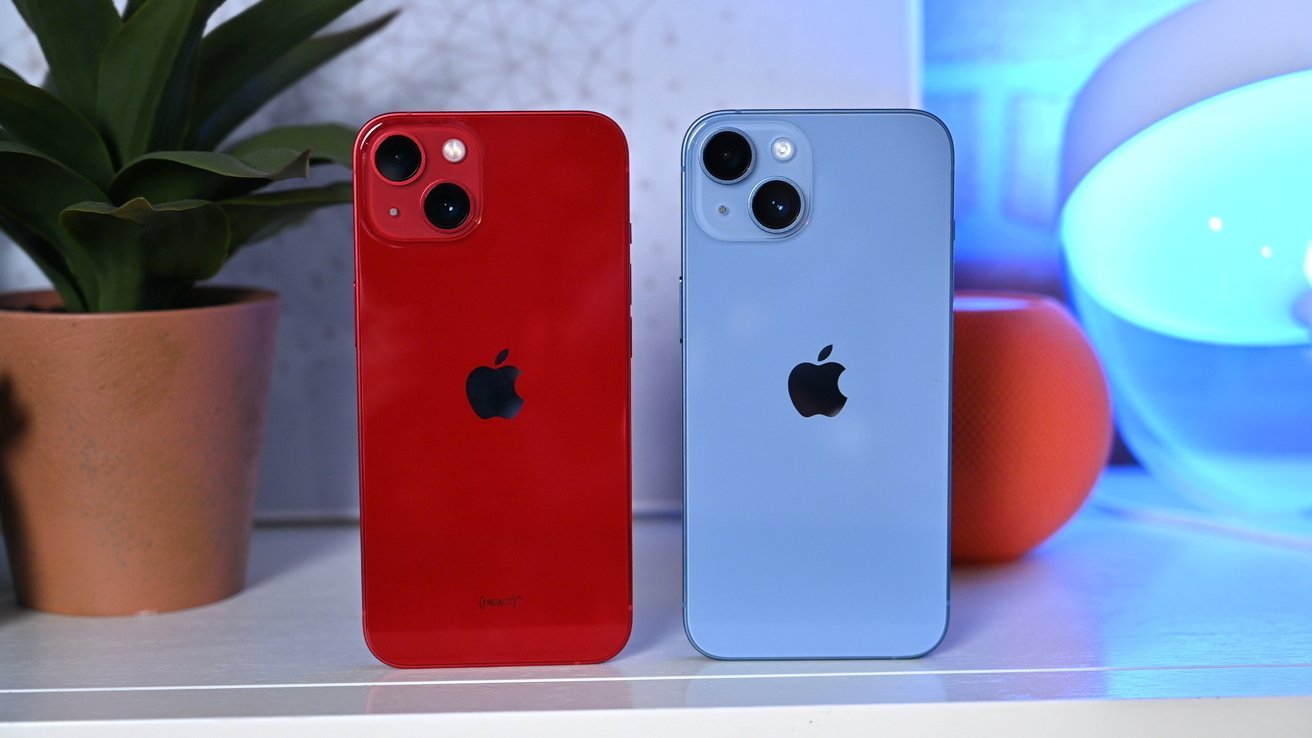
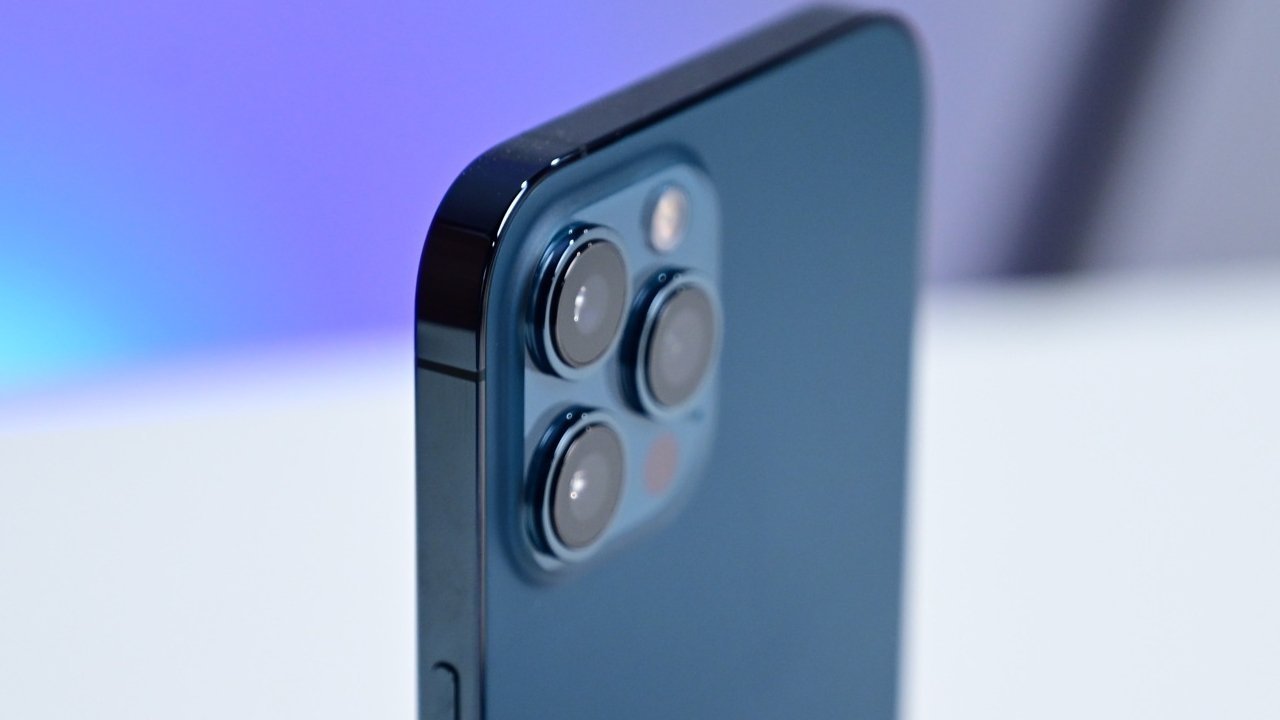


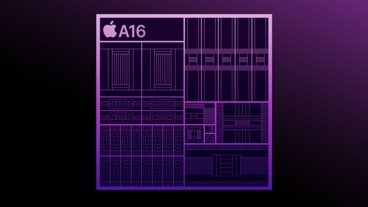
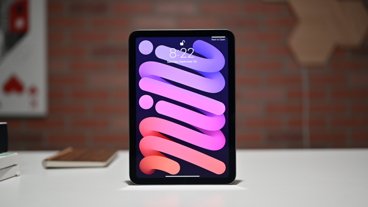




 Amber Neely
Amber Neely
 Mike Wuerthele
Mike Wuerthele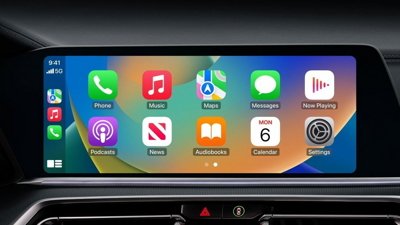
 William Gallagher
William Gallagher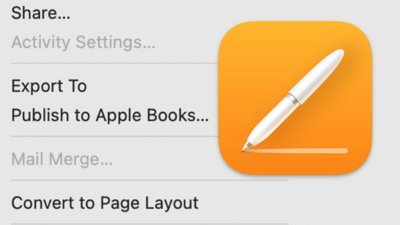


 Andrew Orr
Andrew Orr
 Wesley Hilliard
Wesley Hilliard





